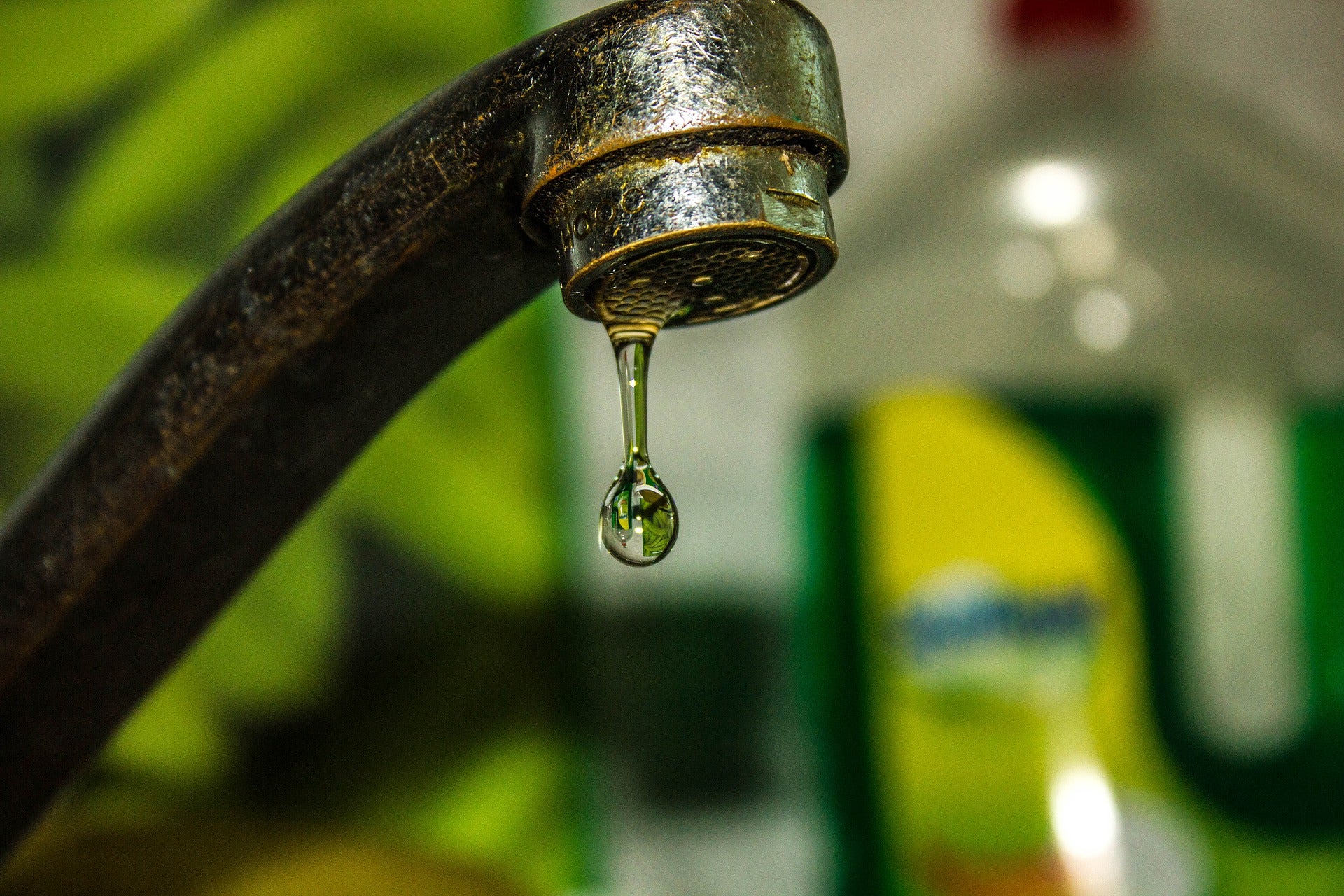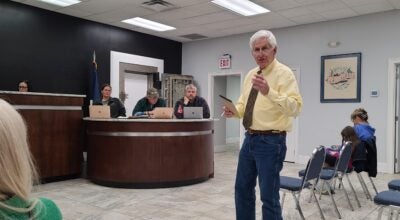More families struggling to afford Danville water, sewer bills
Published 5:19 pm Wednesday, November 13, 2019

- Milbur Plumbing photo
When utility companies increase their rates, many people try to compensate by turning off more lights, turning down the thermostat and using less water. But many times that isn’t enough, especially when a family is barely getting by financially.
And when a household is faced with an unexpected, exceptionally high water bill, Family Services is the only resource in the county they can turn to for help, said Executive Director Crystal McPherson.
Family Services is an organization that provides low-income Boyle County residents short-term financial assistance to help pay utility bills, housing and medicines in a financial emergency, McPherson said. It’s the only local organization that can help pay water bills, she added.
What’s concerning her is that more people are requesting help specifically with their water bills. She started noticing the high water bills this spring. She said, however, Family Services wasn’t feeling it “in our pockets as much because Community Action still had their program going,” which helps households pay for their gas and electric.
“People were saying that their water bills were higher, but not because of a leak. …They’d gone two to three times higher.”
McPherson said when someone comes in with an extremely high water bill, the first thing Family Services does is to have the water company check for a leak. “We want to help them from having to come back.”
But the folks coming in asking for water bill assistance don’t have leaks, she said. “They’ve been checked and they’re still high. Then around August, I realized this is a trend. This is going to stay this way.”
McPherson said when she printed out what Family Services paid for water bills during the third quarter of 2018 and the third quarter of this year — July through September — she could literally see the huge increase in assistance this year compared to last year.
Holding up two pages, McPherson said one page was only a little more than one-fourth full of numbers — the other was full.
During July through October of 2018, Family services assisted 19 households with their water bills, which totaled $2,340.57, for an average of $123.19. During the same time period this year, they assisted 47 households with water bills totaling $6,307.24, for an average of $134.20.
McPherson said most of the people that she serves are on fixed incomes and are already cutting back their water usage. “There’s not much more they can do. They try to cut back on water usage, but that’s not going to help with sewage bill. Sewage is the part that’s gone up.”
City of Danville Chief Financial Officer Michele Gosser explained that the sewage portion of water bills are determined by a federal law, which states that a sewer plant has to pay for itself. It can’t be supplemented by any other funds — “It has to be self-sustained,” she said.
By federal law, sewage rates are determined by the customer base that uses the local sewage treatment plant. Danville has a lower rate because there are more customers tied to the sewer system. Smaller towns like Junction City and Perryville have much higher rates because there are fewer customers.
Also, sewer treatment facilities have to keep up with very strict EPA regulations, Gosser said.
Danville is currently undergoing a sewer study of its four sewage plants, which could take several months, Gosser said. She said local water rates went up a couple of years ago following a sewer study. However, the rates since then have only gone up 1.39%, which is what the COLA (cost of living adjustment) allows.
She couldn’t say if rates will go up again after the current study is complete.
McPherson said high water bills are affecting all of the surrounding counties. “It’s not just us. It’s other localities with their own water that is being affected.”
As an example of how high water bills are putting a strain on many households, McPherson said she knew of someone from Perryville who works for minimum wage and pays about $400 bimonthly for water.
“Can you imagine being on an income from anywhere from $750 to $803 and you get a $400 water bill and that’s your new normal?,” she asked. “That’s more than their rent a lot of times.”
Another example is a lady who asked for help when she received a $900 bill. A leak was detected and the water company wrote off almost $600 of the sewage portion.
“But she still owed $300.55. She’s retired and her husband is disabled and is trying to get disability benefits, McPherson said. “They wind up here because they can’t earn the money or get more hours.”
For the elderly and disabled who are on fixed incomes, and for the working poor, “all it takes is one of those great big huge bills and you’re thrown off your cycle of being able to keep up.”
McPherson speculates many people are also asking for help paying their electric and gas bills because they have higher water bills to pay for.
“Nobody is immune to it. It’s all of us,” she said. “It’s hurting people in poverty more, but all of us are getting the bills.”






